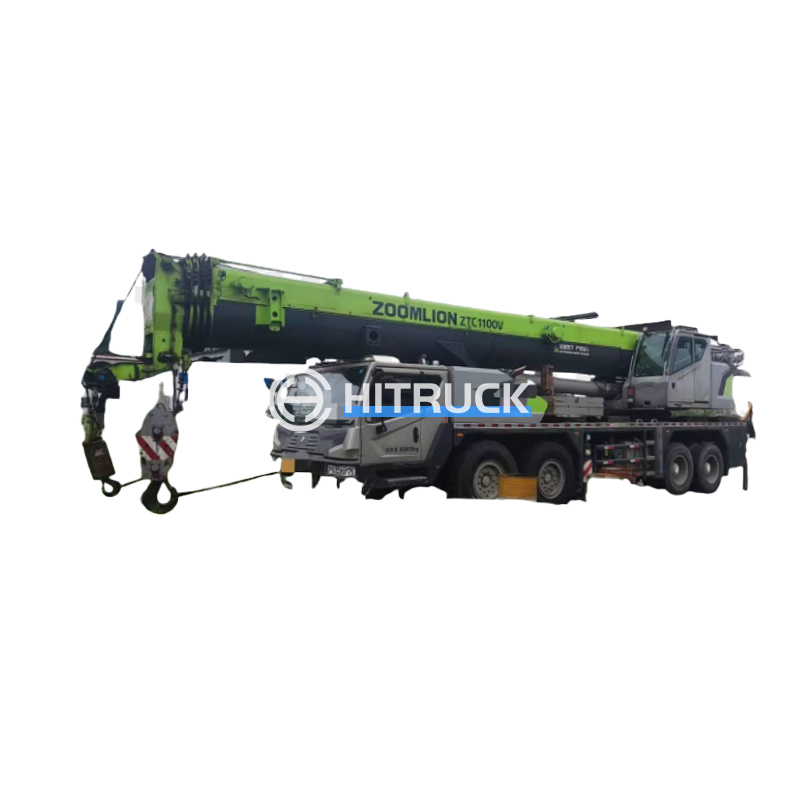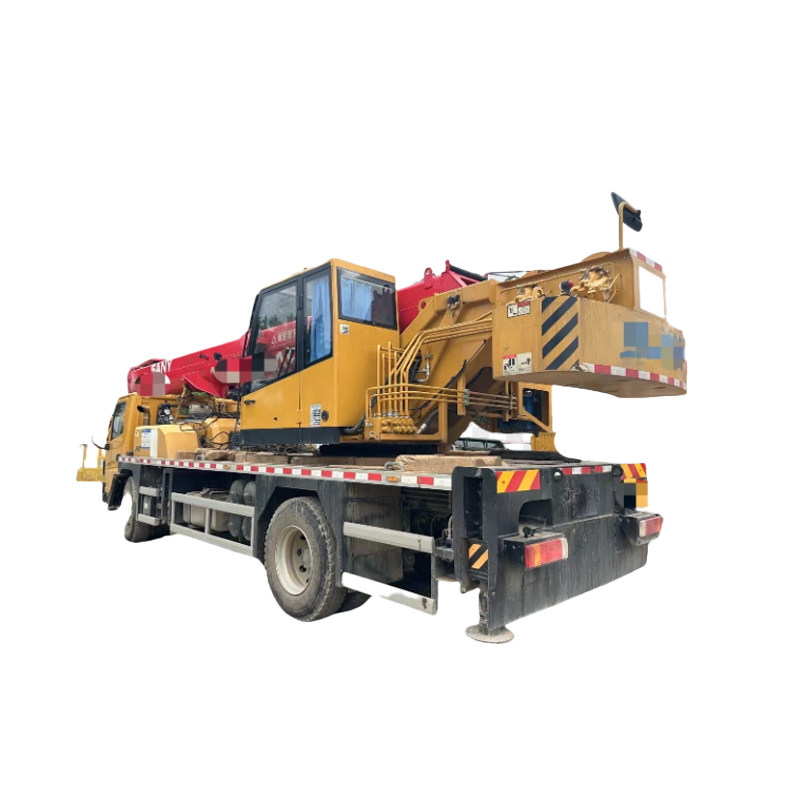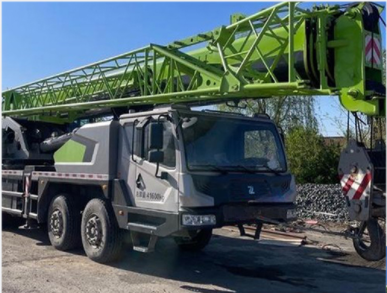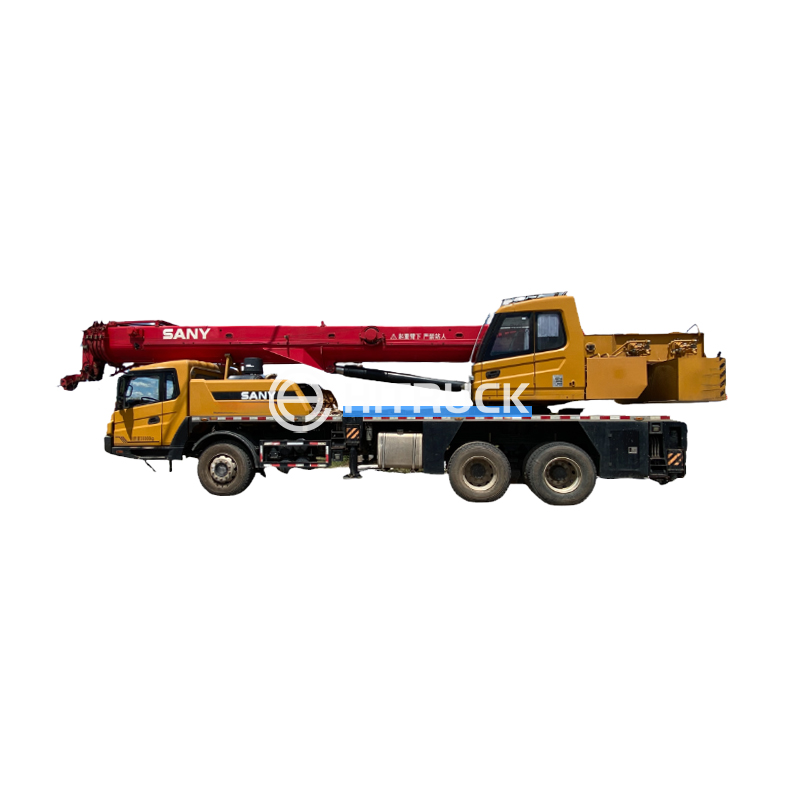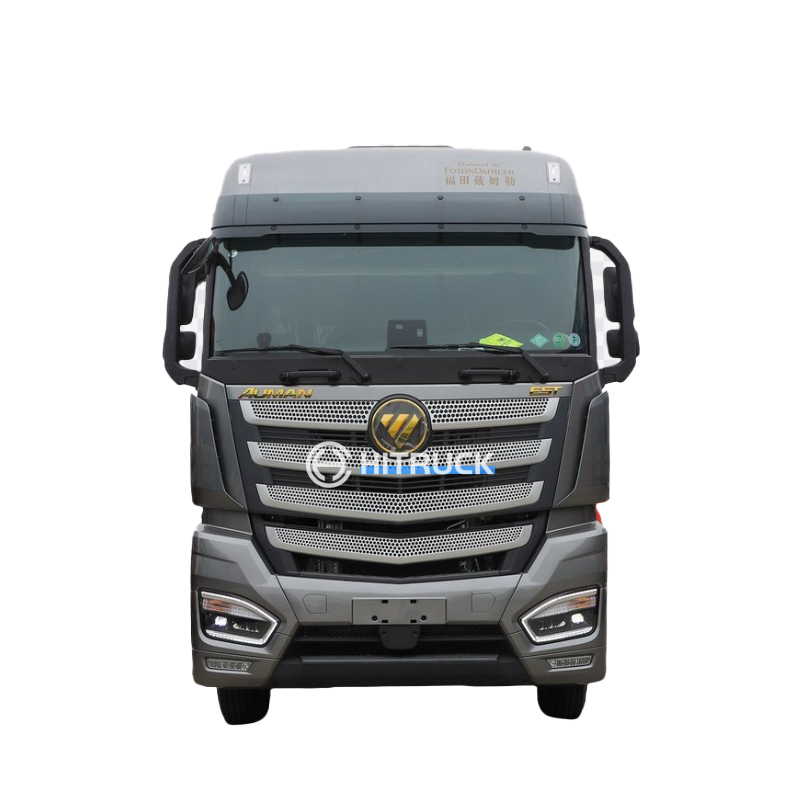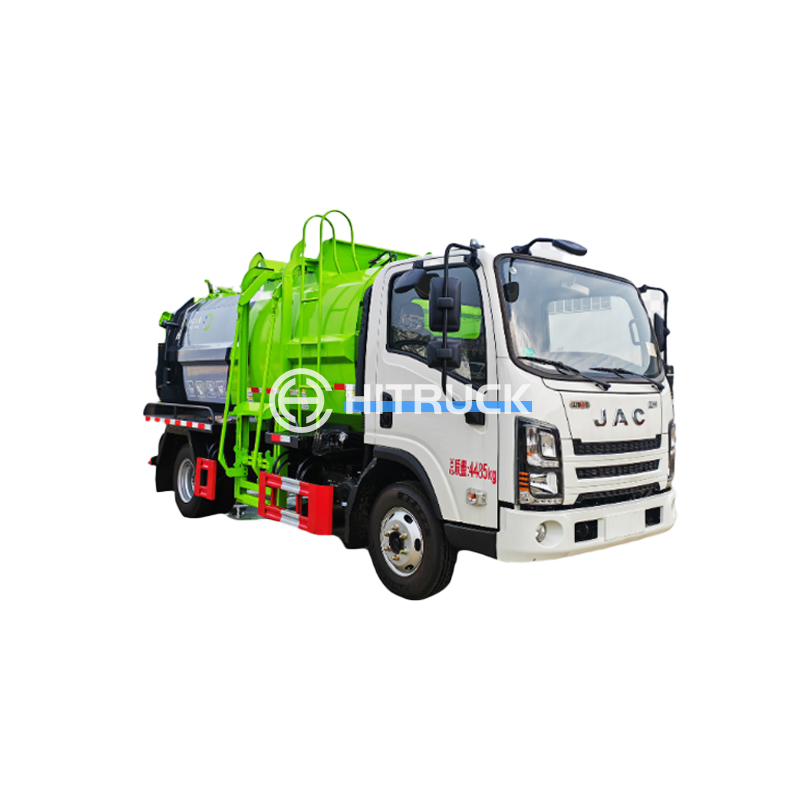This comprehensive guide explores the various types of water truck tanks, helping you select the perfect one based on your specific requirements. We'll cover capacity, material, features, and maintenance to ensure you make an informed decision. Learn about different applications, from construction sites to agricultural irrigation, and discover how the right water truck tank can optimize your operations.
The capacity of your water truck tank is the most crucial factor. Consider your typical daily water needs. Do you need a smaller tank for localized watering, or a larger one for extensive projects? Capacities range from a few hundred gallons to several thousands. Larger tanks, while offering greater volume, may require more powerful trucks and may impact maneuverability. Remember to factor in the weight of the water when considering your truck's load capacity.
Water truck tanks are typically constructed from steel, aluminum, or polyethylene. Each material offers unique advantages and disadvantages:
| Material | Advantages | Disadvantages |
|---|---|---|
| Steel | Durable, strong, relatively inexpensive | Susceptible to rust and corrosion, heavier than other options |
| Aluminum | Lightweight, corrosion-resistant, high strength-to-weight ratio | More expensive than steel, can dent more easily |
| Polyethylene | Lightweight, corrosion-resistant, highly durable, easy to clean | Lower impact resistance than steel or aluminum, may degrade in extreme UV exposure |
Beyond capacity and material, consider these key features: baffle systems (to reduce sloshing and improve stability), fill and discharge ports (ensure ease of filling and emptying), and overflow protection (prevents spills and environmental damage). Some tanks also offer features like level indicators or pressure gauges for added convenience. When choosing a tank, prioritize safety features and consider the long-term maintenance requirements of the chosen material and design.
Selecting the appropriate water truck tank involves careful consideration of several factors. The choice depends heavily on your specific application. For construction sites, durability and large capacity might be paramount. For agricultural irrigation, lighter weight and ease of maneuverability may take precedence. If you're unsure which type of tank best suits your operational requirements, consulting with a specialist from a reputable supplier, such as Suizhou Haicang Automobile sales Co., LTD, is highly recommended. Their expertise can ensure you choose the perfect water truck tank for your needs.
Proper maintenance is essential to extend the life of your water truck tank. Regular inspections for leaks, corrosion, or damage should be performed. Cleaning the tank after each use will prevent the buildup of sediment and ensure its longevity. Consult the manufacturer's guidelines for specific cleaning and maintenance recommendations. Regular lubrication of moving parts and careful handling during transport are also vital for optimal performance and an extended lifespan.
Investing in the right water truck tank is a significant decision that impacts efficiency and productivity. By carefully considering capacity, material, features, and maintenance requirements, you can select a tank that meets your specific needs and delivers optimal performance for years to come. Remember to consult with experienced suppliers to ensure your choice is well-informed and aligns with your budget and operational requirements.




